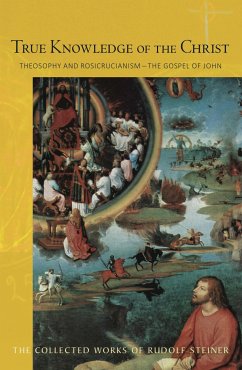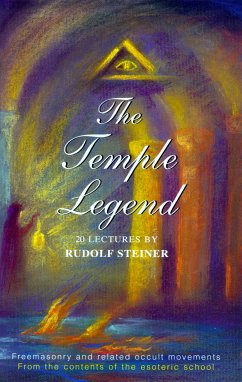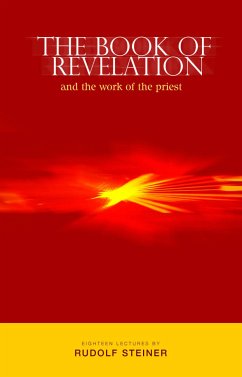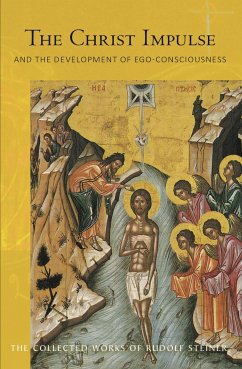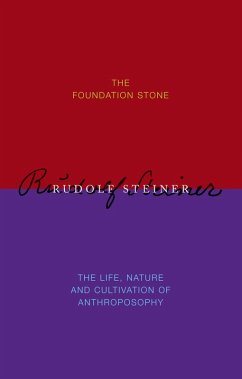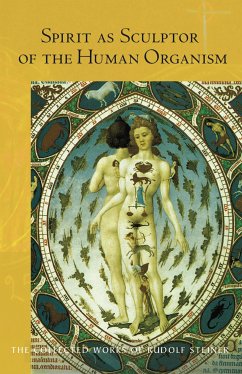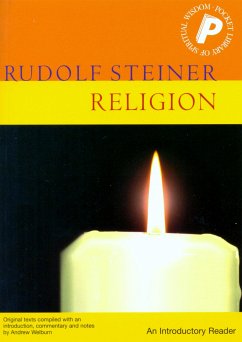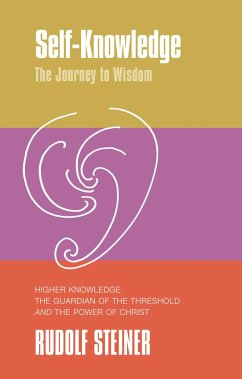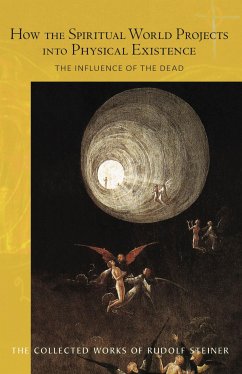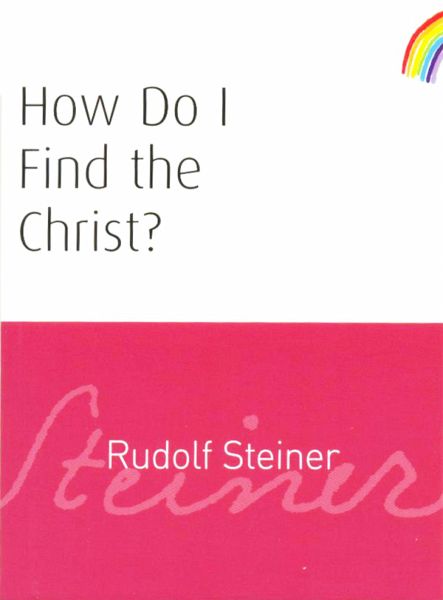
How Do I Find the Christ? (eBook, ePUB)

PAYBACK Punkte
0 °P sammeln!
"Once one has passed through powerlessness and refinds oneself, one also finds Christ. Before we can gain access to the Christ Impulse we must plumb the depths of our own feelings of insignificance, and this can only happen when we view our strengths and capacities without any pride."How does one find the Christ today? Rudolf Steiner emphasizes the importance of striving for self-knowledge, the significance of experiencing powerlessness, and the eventual resurrection from powerlessness. In this important lecture he also speaks about the ancient Academy of Gondishapur, the significance of the y...
"Once one has passed through powerlessness and refinds oneself, one also finds Christ. Before we can gain access to the Christ Impulse we must plumb the depths of our own feelings of insignificance, and this can only happen when we view our strengths and capacities without any pride."How does one find the Christ today? Rudolf Steiner emphasizes the importance of striving for self-knowledge, the significance of experiencing powerlessness, and the eventual resurrection from powerlessness. In this important lecture he also speaks about the ancient Academy of Gondishapur, the significance of the year 666, the mission of Islam, as well as the crucial consequences of the Ecumenical Council of 869.
Dieser Download kann aus rechtlichen Gründen nur mit Rechnungsadresse in A, B, BG, CY, CZ, D, DK, EW, E, FIN, F, GR, H, IRL, I, LT, L, LR, M, NL, PL, P, R, S, SLO, SK ausgeliefert werden.




